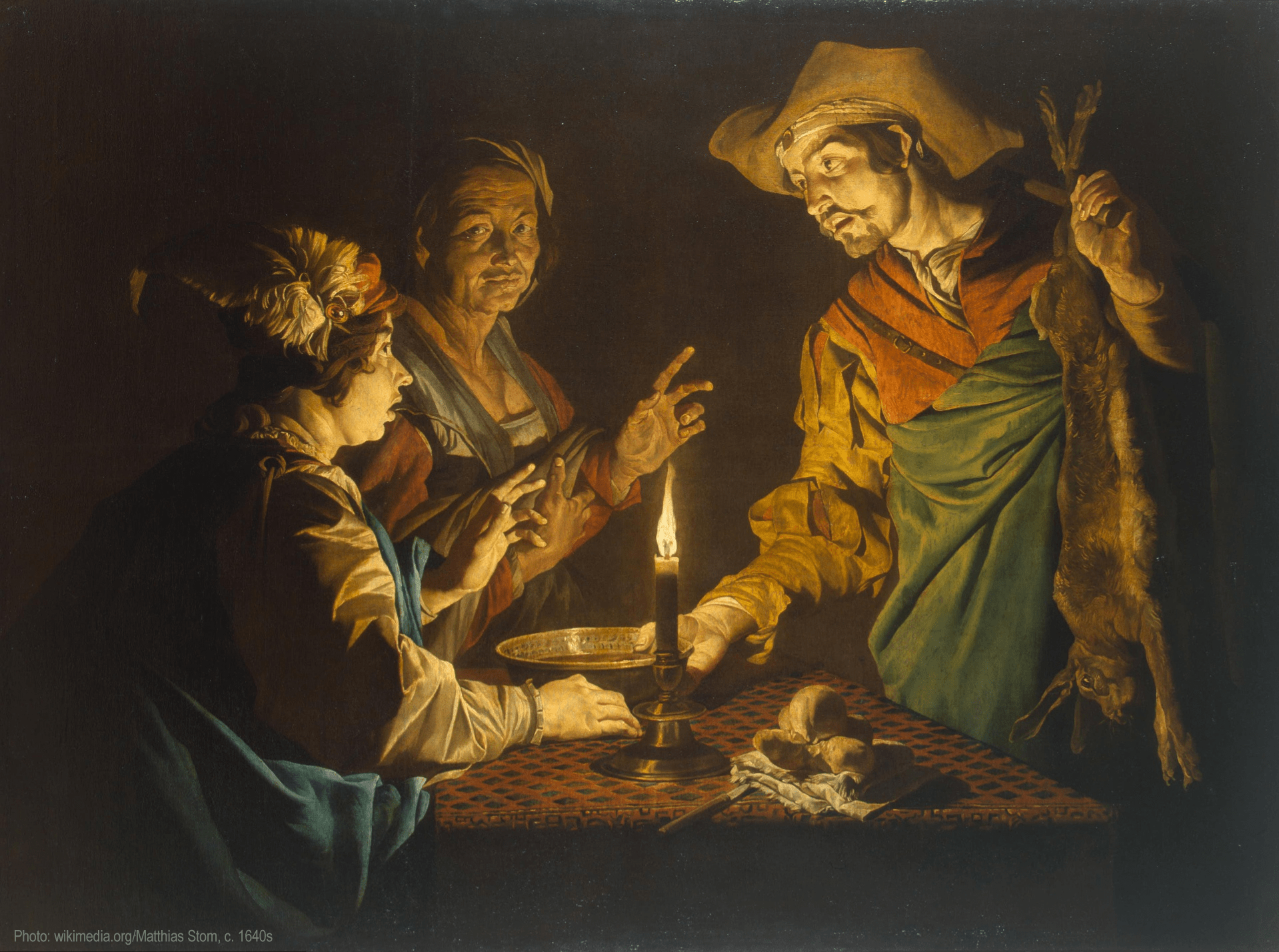Jacob: Our Patriarch of TruthSample


Jacob: Committed to Truth
The boys grew up, and Esau became a skillful hunter, a man of the open country, while Jacob was content to stay at home among the tents. Isaac, who had a taste for wild game, loved Esau, but Rebekah loved Jacob. — GENESIS 25:27-28
Jacob is the only one of the patriarchs or matriarchs mentioned in the Bible before he was born.
Even before he was born, Rebekah knew in her heart that her younger son (Jacob) had been given a greater destiny to fulfill than her older son (Esau). This prophecy would become the defining force in Jacob’s life.
We learn that, although the two were twins, the brothers were polar opposites: “Esau became a skillful hunter, a man of the open country, while Jacob was content to stay at home among the tents” (Genesis 25:27). In Hebrew, the verse translates as “The boys grew; and Esau was a cunning hunter, a man of the field; and Jacob was an ‘ish tam,’ dwelling in tents.”
Jewish commentators struggled with the meaning of ish tam, revealing Jacob’s nature. The word ish means “man.” To understand the word tam, we need to look in the Bible where this term described a person.
The first time we come across this description is about Noah: “Noah was a righteous man, blameless (ish tam) among the people of his time” (Genesis 6:9). Job was described similarly: “In the land of Uz there lived a man whose name was Job. This man was blameless (ish tam) and upright” (Job 1:1). We find the same word in Deuteronomy 18:13, when Moses commanded the people to “be blameless before the Lord your God,” and again in Psalm 18:23, “I have been blameless before him and have kept myself from sin.”
While the popular teaching about Esau and Jacob typically casts Jacob in the role of the deceiver, the Hebrew definition of tam tells us another story. Although the modern definition of tam is “simple,” the biblical meaning implies something more. The word tam tells us that Jacob was wholesome, blameless, and pure. He was “simple” in the sense that he was true. When it came to dealing with Jacob, there were no hidden agendas. What you saw was what you got. Jacob’s nature was transparent and truthful with his words, thoughts, and actions.
In contrast, Esau was in the words of the Jewish translation, “a cunning hunter.” Esau was a “man of the open country.” Jacob, in contrast, was “content to stay at home among the tents.” While Esau concentrated on action and physical exertion, Jacob’s focus was internal. Jewish tradition teaches that Jacob stayed inside his tent so that he could study God’s ways and God’s truth. If Jacob was a man of introspection, dedicated to discovering the truth, then Esau was the man of physicality, living impulsively in the moment.
We are all born with certain tendencies and personality traits. It is what a person chooses to do with what he or she has been given that really counts. Esau could have used his skills to inspire others like his grandfather Abraham. Jacob could have remained content to lead a quiet life, never reaching his full potential.
But, Jacob chose the harder path. He chose to work on himself and to grow from his trials. As we will see, Jacob was tested many times in his life. Yet, he always remained committed to seeking the truth and living the truth as best as he possibly could. As it is written in Micah 7:20, “You will give truth to Jacob and mercy to Abraham, which You have sworn to our fathers from days of old” (NKJV).
Scripture
About this Plan

In this reading plan, we will learn about the third and final patriarch of the Jewish Bible, Jacob, who fathered 12 sons who would become leaders of the 12 tribes of the nation of Israel. Join The Fellowship in studying the underlying characteristics of each of the Bible's Patriarchs through these lessons for all people of faith.
More
We would like to thank International Fellowship of Christians and Jews for providing this plan. For more information, please visit: https://www.ifcj.org
Related Plans

Refresh Your Soul - Whole Bible in 2 Years (4 of 8)

Refresh Your Soul - Whole Bible in 2 Years (3 of 8)

Go Tell It on the Mountain

Making the Most of Your Marriage; a 7-Day Healing Journey

Refresh Your Soul - Whole Bible in 2 Years (1 of 8)

God vs Goliath: The Battle Before the Battle

WORSHIP: More Than a Song

The Mission | the Unfolding Story of God's Redemptive Purpose (Family Devotional)

Light Has Come
